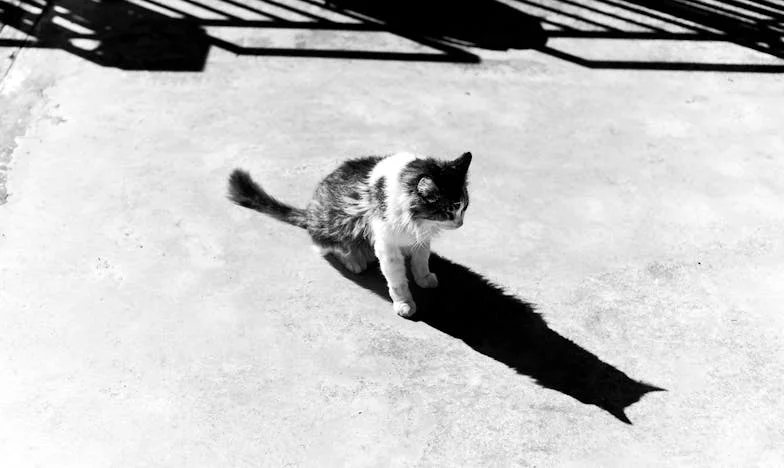When Birthday Candles Lit Up Secrets: The Day My Family Shattered
“Are you really going to just stand there and let him take everything when you’re gone, Emily?” My mother’s voice cut through the chatter and the sound of my daughter’s friends squealing around the birthday cake. The pink candles flickered, melting wax onto the vanilla frosting.
I froze. The room went silent in that odd, heavy way when people sense something is wrong but don’t know yet how deep it goes. My husband, Mark, looked up from pouring juice into paper cups. My daughter, Lily, just turned eight, gripped her new doll, eyes wide.
“Mom, not now,” I whispered, my hand shaking as I tried to keep the knife steady to cut the cake. “Please.”
But my mother, Helen, was unstoppable once she started. She swept across the living room, her cardigan tight around her shoulders like armor. “I’m serious, Emily! You need to put the house in Lily’s name. Or at least write a will. You can’t trust—”
Mark set the juice down, his jaw tightening. “Helen, this isn’t the time or place.”
“It’s exactly the time. Family should be honest. No secrets.” My mother’s eyes were sharp, but her voice trembled. “After what happened to me, I won’t let it happen to you.”
My friends shifted uneasily. My brother, Rob, tried to defuse the situation. “Mom, can we talk about this later?”
But I could feel the old wounds in my mother’s words—a divorce decades ago, a bitter fight over a house, betrayal she’d never forgiven. And now she was dragging it into my living room, into Lily’s birthday.
I set the knife down. “Let’s all go into the backyard,” I said, trying to sound cheerful. “Time for presents!”
But the mood was shattered. Mark took Lily out, and I pulled my mother aside. “Why are you doing this?” I said, trying to keep my voice from breaking. “You’re humiliating me in front of my friends, my family.”
She gripped my arm. “I’m trying to protect you. You don’t know what it’s like to lose everything.”
“You think Mark would steal from me? That he’d betray me?”
“You never really know anyone, Emily. Not truly. I thought your father would always be there too.”
I closed my eyes. “I’m not you, Mom. Mark’s not Dad.”
But she wouldn’t let go. “Promise me. Promise you’ll talk to a lawyer.”
I felt the tears sting, my anger mixing with shame. “This was supposed to be for Lily. I just wanted one normal, happy day.”
My mother’s face crumpled. “I just want you safe.”
When I finally escaped outside, Mark was sitting on the swing set, Lily curled up in his lap, watching her friends play. He looked up at me, his face unreadable. “So,” he said, “should I start packing my bags? Or just hand you the bank account passwords now?”
I sat beside him, trying to find words. “She’s just… scared. She’s never gotten over what Dad did.”
He sighed. “We’re not your parents, Em.”
But the seed had been planted. For days, I saw suspicion everywhere. When Mark was late from work, I wondered. When he asked about finances, I hesitated. My mother started emailing me articles about ‘protecting your assets.’
Nights became battlegrounds in my head: Would Mark ever betray me? Was my mother right? Or was she poisoning my marriage with her fear?
The worst was watching Lily. She picked up on the tension, started asking why grandma was mad at daddy, why mommy cried in the kitchen.
One night, after Mark had turned away from me in bed, I got up and sat in the hallway, staring at the family photos on the wall. My parents’ wedding picture. My own. Lily as a newborn. I wondered if the cycle ever really broke—or if we were all doomed to repeat our parents’ mistakes.
The next morning, I called my brother. “Did Mom ever ask you to write a will?”
He laughed, then grew serious. “She’s terrified. After Dad, she put everything in my name. She thinks love means control.”
“Do you trust your wife?”
He was quiet. “Most days. But sometimes I hear Mom’s voice in my head. I hate it.”
I started therapy—not just for me, but for us. Mark came with me, reluctantly. We talked about trust, about boundaries, about how much our parents’ fears shape us.
One session, Mark said, “I feel like you’re waiting for me to fail you. I don’t want to be punished for someone else’s mistakes.”
I cried, because he was right. My mother’s wounds had become my own.
As for my mother, she never apologized. She still calls, still worries, still sends me legal advice. But I set boundaries—sometimes too late, sometimes imperfectly.
Lily’s next birthday was smaller, quieter. No drama, just cake and laughter. I watched her blow out the candles and wished, silently, for peace.
But I wonder, even now: Can we ever really escape our parents’ shadows? Or are we always, in some way, writing their stories into our own?
What would you do if someone you love tried to protect you by breaking your trust? Can a family ever truly heal from old betrayals?
